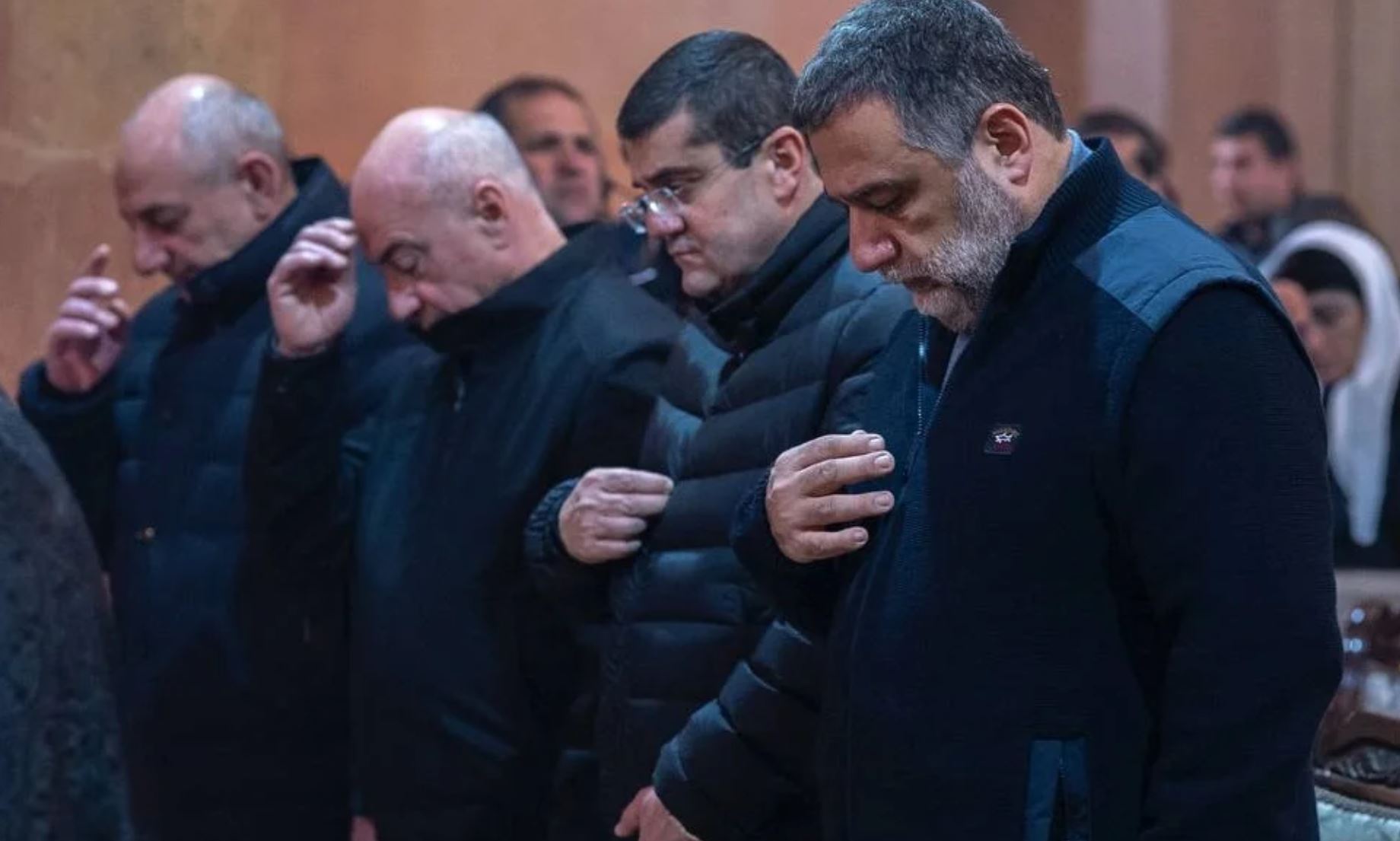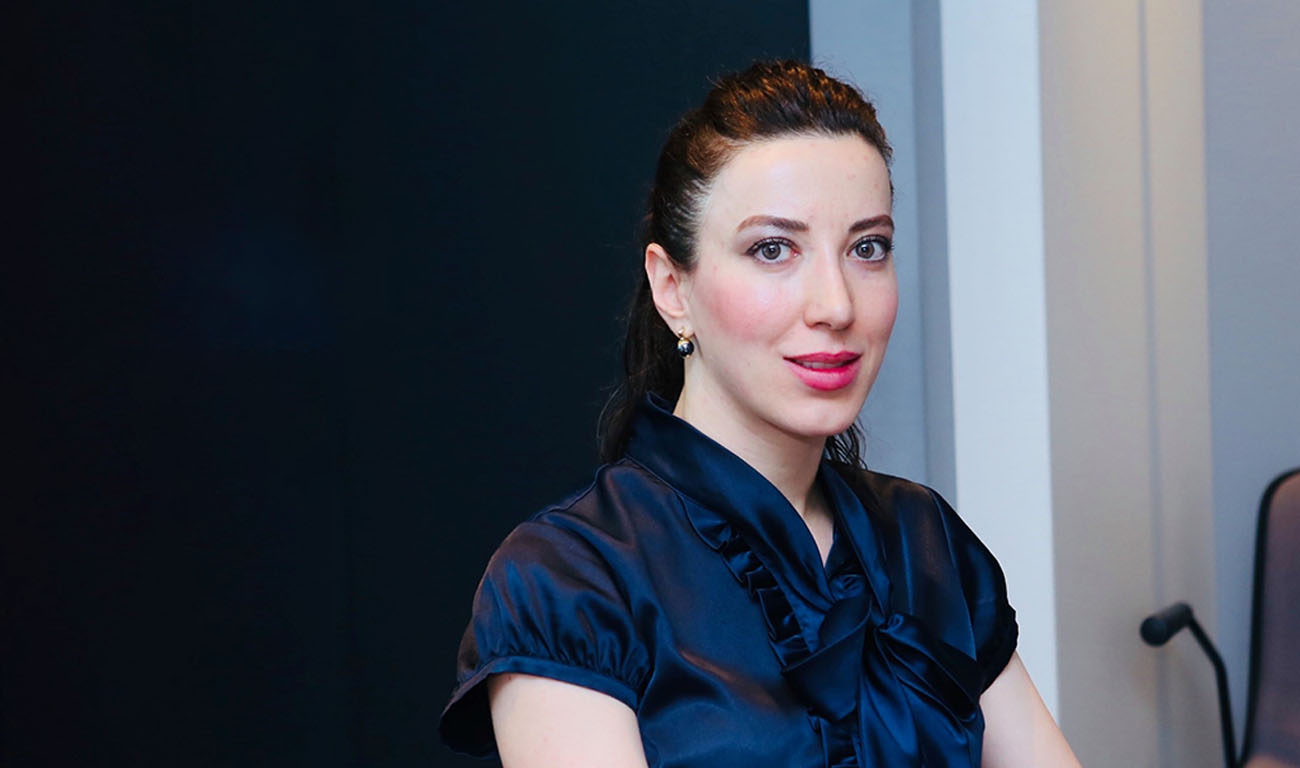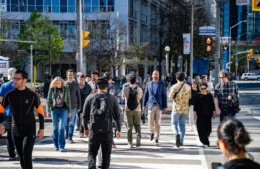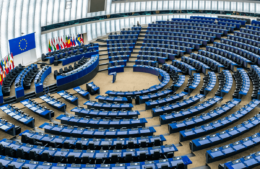Human Rights Lawyer Calls Prolonged Detention of Artsakh Leaders a “Glaring Violation” of International Standards
- (0)

Last week, a court in Baku announced the extension of the detention of Ruben Vardanyan, a well-known philanthropist and former head of government of the Nagorno-Karabakh Republic (Artsakh). The global Armenian community reacted strongly to the news, calling the detention illegal and a violation of human rights. Vardanyan has been held by Azerbaijani authorities since September 27 last year, when he was detained at the Lachin checkpoint while trying to cross into Armenia during the mass exodus.
The extension of Vardanyan’s detention comes with no clear explanation from the Azerbaijani court regarding its duration or legal basis, further intensifying concerns about the fairness of the process. In response, The Armenian Report reached out to Siranush Sahakyan, a prominent human rights attorney, for her opinion on the case.
Siranush Sahakyan, a prominent human rights attorney Sahakyan condemned the extension of Vardanyan’s detention, calling it a clear violation of internationally recognized human rights standards. “The continued detention of the former leaders of Artsakh, including Ruben Vardanyan, now extending beyond a year, is a glaring violation of human rights standards,” she said. “The recent announcement of yet another extension, without clear explanation of its grounds or duration, only deepens concerns regarding the legitimacy and transparency of these proceedings.”
According to Sahakyan, international law mandates that any detention must be reviewed at reasonable intervals to ensure it remains lawful. This is done to prevent arbitrary detentions and ensure individuals are not deprived of their liberty without proper legal justification. However, she pointed out that in Vardanyan’s case, the detention has been extended repeatedly, often in vague terms, with each period lasting four to six months or more. This, she said, “starkly fails to meet the principles of lawfulness of detention under international law.”

One of the most troubling aspects of Vardanyan’s continued detention, according to Sahakyan, is the lack of independence within Azerbaijan’s judiciary. “These detention reviews are conducted by a judiciary that lacks independence,” she said, adding that this alone casts serious doubt on the fairness of the entire process. She argued that this constitutes a separate violation of fundamental human rights, aside from the unlawful detention itself.
Moreover, Sahakyan criticized the closed legal proceedings faced by Armenian detainees, which deny them the right to a fair trial and effective defense. Access to independent legal counsel, especially those with international expertise, has been systematically denied, further exacerbating the injustice these individuals face, she said.
Since June, Azerbaijan’s prosecutor has repeatedly claimed that investigations into the cases of Vardanyan and other former leaders of Artsakh have been completed and transferred to the courts. However, despite these assertions, no trials have begun. Instead, new charges have been introduced during the pre-trial process, casting doubt on the sincerity of the prosecutor’s earlier statements.
Sahakyan suggested that these claims were part of a broader propaganda effort rather than genuine legal progress. “The statements made in June and again in September seem to be aimed at controlling the narrative rather than reflecting actual developments in the legal process,” she explained.
Vardanyan is not the only former leader from Artsakh facing prolonged detention. Last week, the court in Baku also extended the detentions of Arkady Ghukasyan, Bako Sahakyan, and Arayik Harutyunyan, all of whom held leadership positions in the Republic of Artsakh (Nagorno-Karabakh). The charges against them remain unclear, and like Vardanyan, they face an uncertain legal future under Azerbaijan’s judiciary system.
Human Rights Lawyer Calls Prolonged Detention of Artsakh Leaders a “Glaring Violation” of International Standards
These detentions have sparked widespread criticism, not only from the Armenian diaspora but also from international human rights organizations. Many argue that these arrests are politically motivated and part of a broader attempt by Azerbaijan to exert control over the region and its former leadership.
As the legal situation unfolds, Vardanyan’s detention, along with the detentions of other Artsakh leaders, will likely continue to be a focal point for international human rights observers. For now, however, the exact outcome of these cases remains unclear, and the global Armenian community continues to call for justice.


















